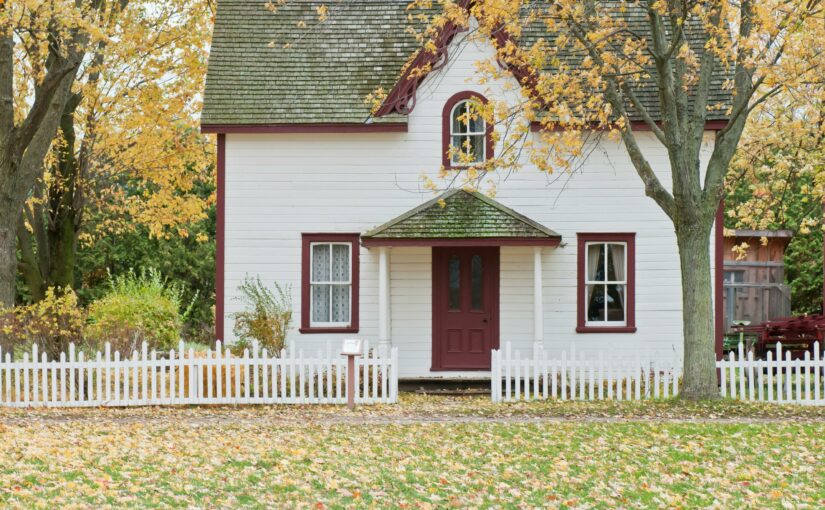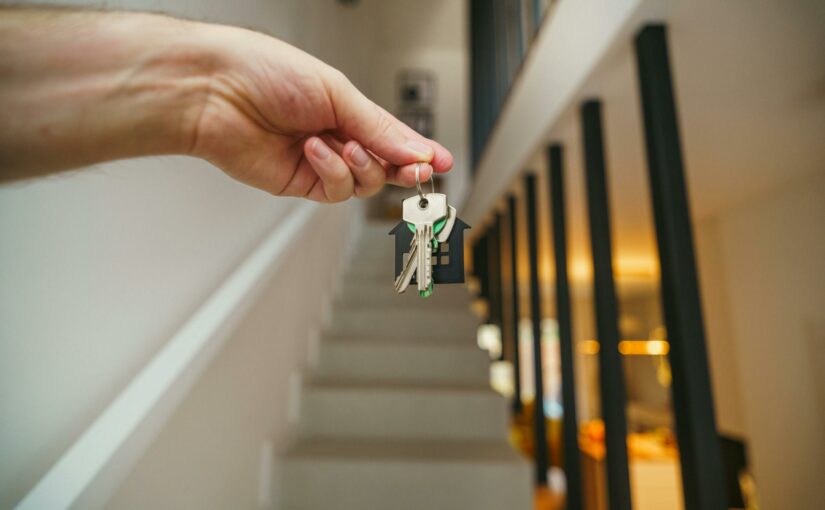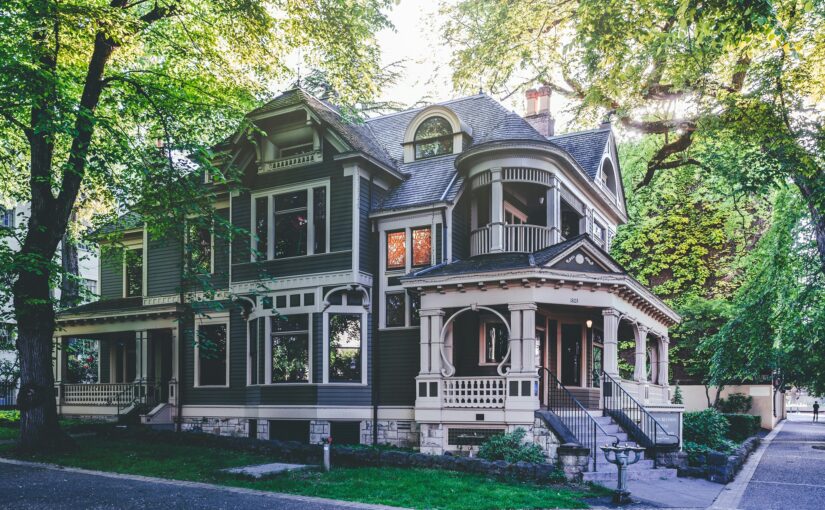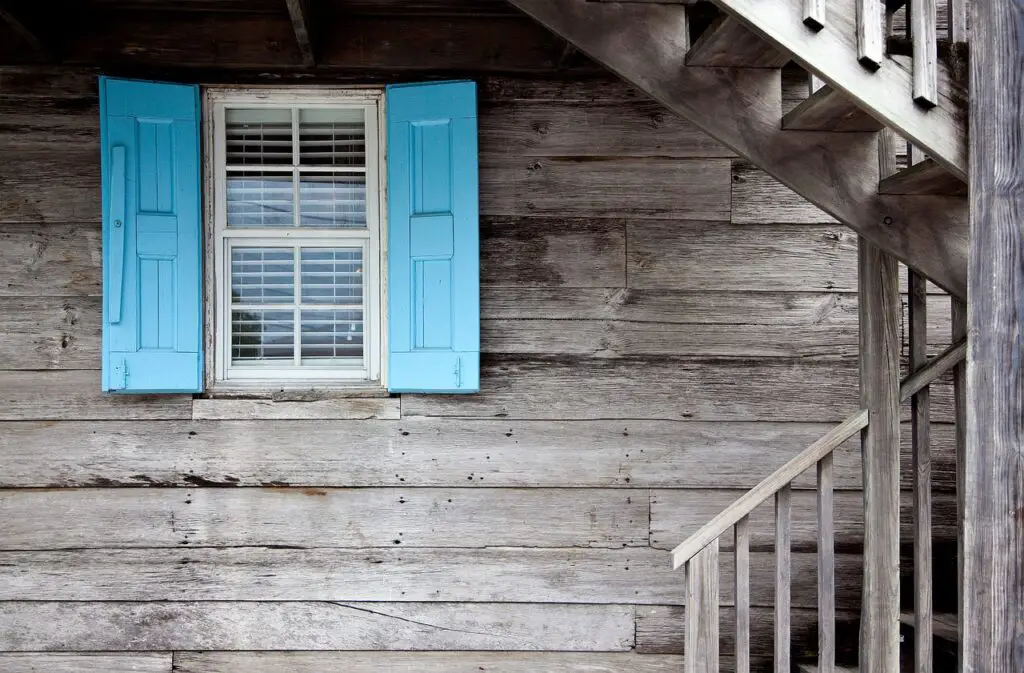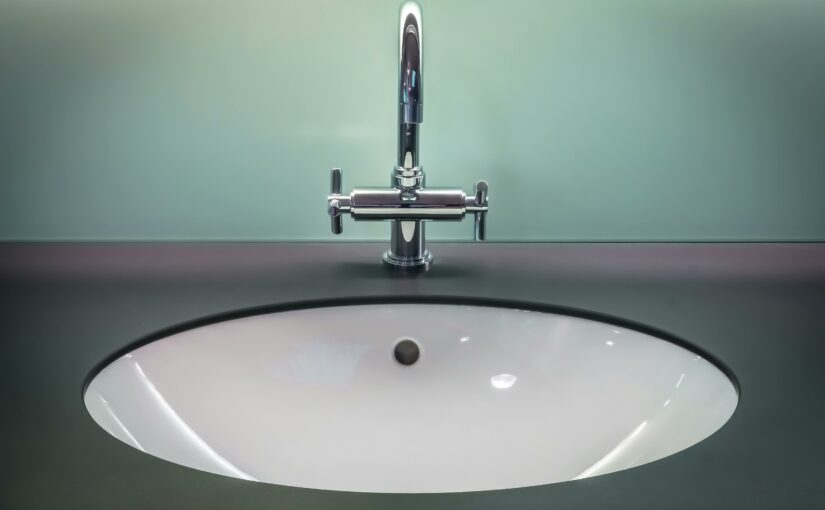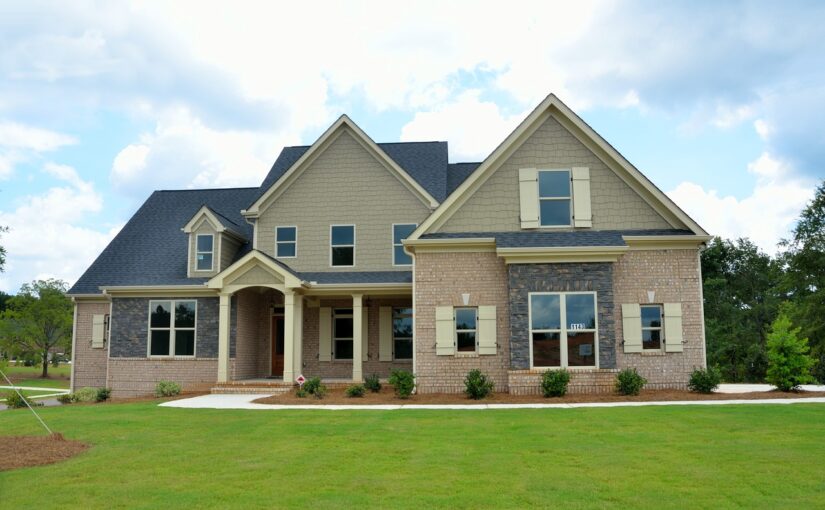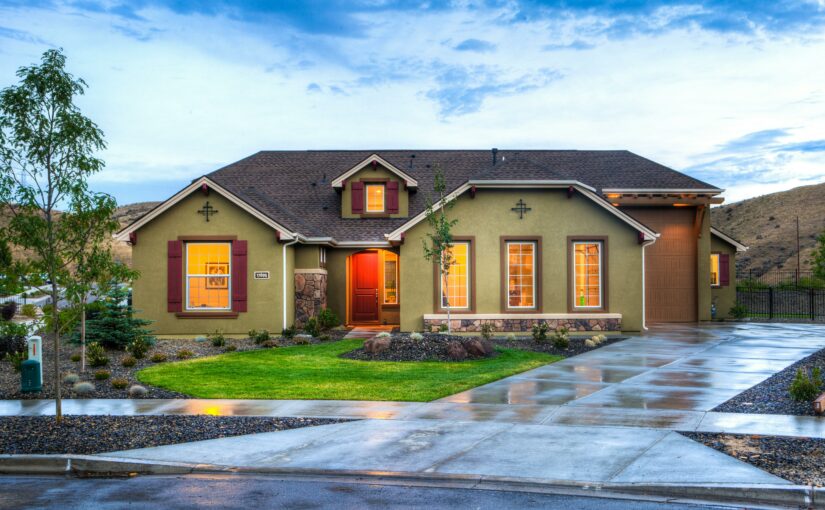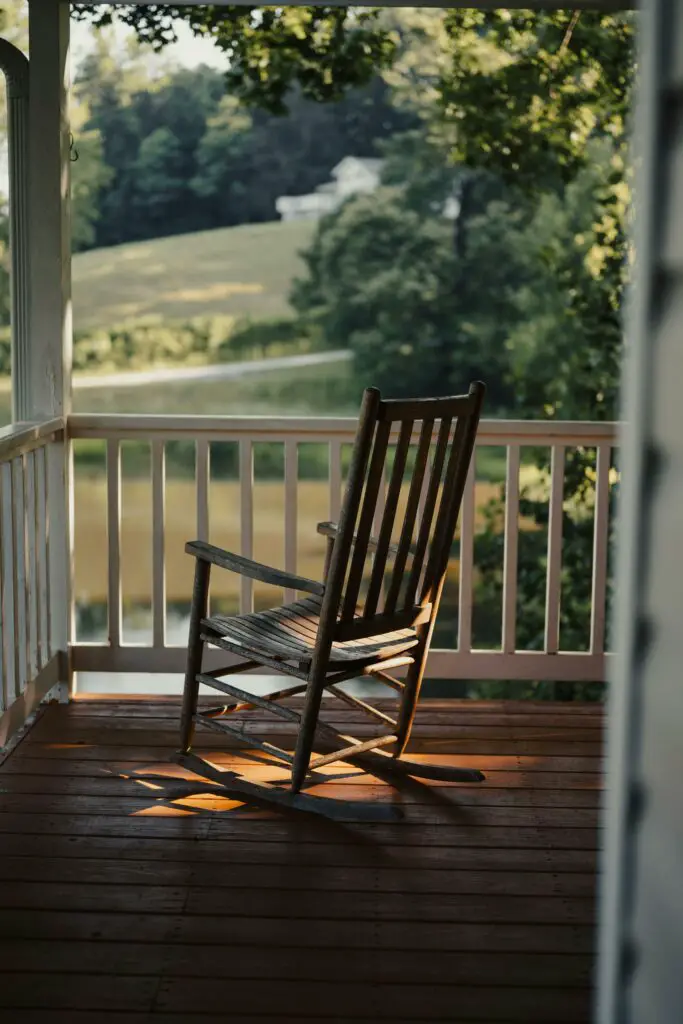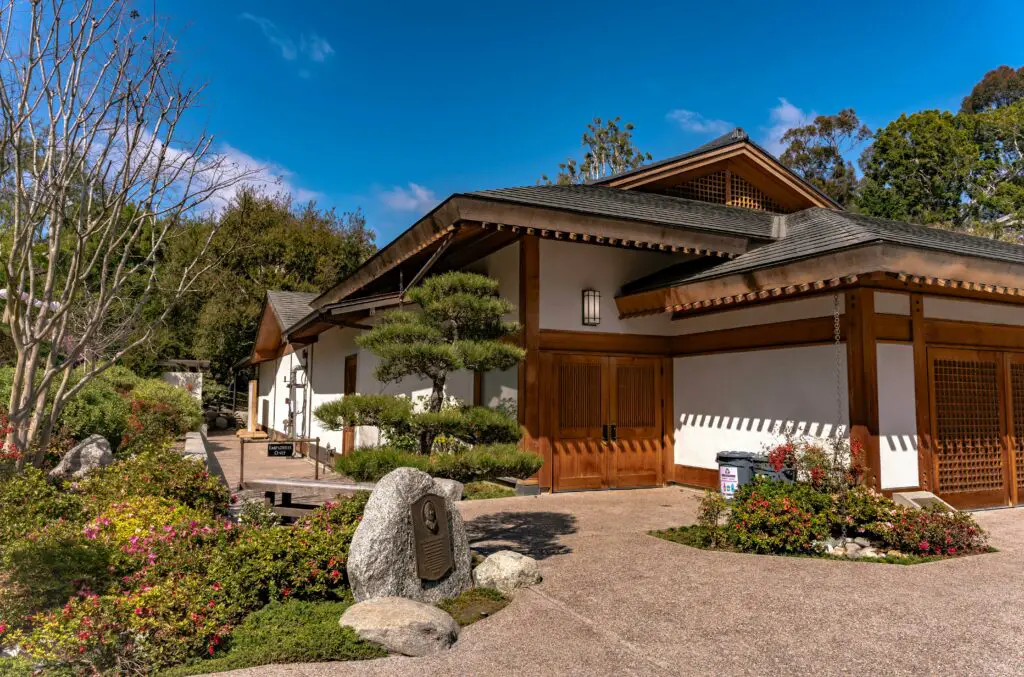Looking to sell your home in Oklahoma City without breaking the bank? You’re not alone. Many homeowners face high costs and stress when listing traditionally, seeking faster, affordable options instead.
Fortunately, solutions exist to simplify the process. Avoid hefty fees and lengthy delays with alternative selling methods tailored for you.
For a quick, hassle-free sale, explore webuyhousesokcmetro.com. They offer cash offers and fast closings, ensuring you sell on your terms without financial strain.
Exploring Cash Buyer Offers
Ever wondered about selling your home fast in Oklahoma City? Cash buyer offers, especially through iBuyers, can simplify the process with speed and ease.
- Cash Offers Simplified: iBuyers like Opendoor and Offerpad make instant offers based on market data, skipping traditional listings and showings for quicker closings.
- Speed Over Price: These companies prioritize convenience, often closing in days, though their offers might not always match the highest market value.
- Service Fees Apply: Expect to pay a fee higher than typical agent commissions, but many find it worth the hassle-free experience.
- Repairs Handled: iBuyers often manage necessary repairs, deducting costs from the final price, saving you the effort of fixing things yourself.
Considering a cash buyer in Oklahoma City? Weigh the benefits of speed against potential lower offers to see if this fits your needs.
Evaluating iBuyer Selling Options
Curious about iBuyers for selling your Oklahoma City home? These tech-driven companies offer a modern twist on traditional real estate transactions.
iBuyer Basics
Platforms like Orchard and Homeward provide quick offers. Input your home details online, and get a cash proposal without lengthy market waits.
Pros of iBuying
The biggest draw is speed. Deals can close in days, and some iBuyers, like Orchard, even help with buying your next home.
Cons to Consider
Be mindful of fees, often higher than agents charge. Also, offers may fall below market value, so compare options before deciding.
Local Availability
In Oklahoma City, not all iBuyers operate. Check availability on platforms like iBuyer.com to find services in your area.
Benefits of Flat Fee Realtors
Looking to save on commissions in Oklahoma City? Flat fee realtors charge a set rate, offering a budget-friendly alternative to traditional agents.
- Predictable Costs: With fees typically between $3,000-$5,000, budgeting for your home sale becomes straightforward, avoiding percentage-based commission surprises.
- Potential Savings: On a $300,000 home, you might save thousands compared to paying a standard 3% listing agent commission.
- Still Full Service: Many flat fee brokers provide listing, marketing, and negotiation support, ensuring you’re not entirely on your own.
- Buyer Agent Fees: Remember, you may still need to cover the buyer’s agent commission, often 2-3% of the sale price.
Flat fee realtors can be a smart choice in Oklahoma City if cutting costs is your priority. Research local options for the best fit.
Considering 1% Commission Agents
Want to slash realtor fees in Oklahoma City? Opting for a 1% commission agent could save you big on your home sale.
What’s a 1% Agent?
These agents charge just 1% instead of the typical 2.5-3%, potentially saving you $10,000 on a $500,000 home sale. What a deal!
Best Suited For
Ideal for homes in high-demand areas, where selling is easier, or if you’re comfortable handling some tasks yourself during the process.
Not for Everyone
If your property needs extensive marketing or repairs, a traditional agent’s full service might be worth the higher commission instead.
Finding Local Options
Look for 1% agents through trusted platforms or local networks in Oklahoma City to ensure quality service at this lower rate.
Assessing 2% Commission Services
Thinking about a middle ground for fees in Oklahoma City? A 2% commission realtor offers savings while still providing valuable support.
Cost Comparison
On a $400,000 home, a 2% fee saves you $4,000-$6,000 compared to standard 3% rates, boosting your profit at closing.
Service Quality
Many 2% agents, like those with Clever Real Estate, deliver full service, including marketing and negotiation, without cutting corners on expertise.
Market Fit
This option works well if your home is in good condition and in a competitive area, needing less intensive selling efforts.
Local Availability
Explore Oklahoma City listings for 2% realtors through platforms or referrals to find a reliable match for your selling goals.
Sell and Stay Plans
Need to sell but not ready to move in Oklahoma City? Sell and stay plans let you close the deal while remaining in your home.
- Flexible Timing: These plans allow you to sell now and lease back your home, giving time to find your next place.
- Stress Reduction: Avoid the rush of moving immediately after selling, making the transition smoother for you and your family.
- Company Options: Firms like Homeward offer such services, often tied to buying your next home through their platform.
- Cost Considerations: Be aware of lease terms and fees, as staying longer might come with additional costs or conditions.
Sell and stay plans can ease your move to Oklahoma City.
Comparing Low-Cost Selling Strategies
Overwhelmed by selling options in Oklahoma City? Let’s break down low-cost strategies to find the best fit for your budget and timeline.
Flat Fee vs. Low Commission
Flat fee realtors save with fixed costs, while 1% or 2% agents offer percentage-based savings, balancing service with lower fees.
iBuyer vs. Traditional
iBuyers provide speed but often lower offers. Traditional agents might net more money but take longer and charge higher commissions.
Market Conditions Matter
In a hot Oklahoma City market, low-commission agents shine. In slower times, iBuyers or sell-and-stay plans might be more practical.
Making Your Choice
Assess your home’s condition, urgency, and financial goals. Mix and match strategies or consult local experts for tailored advice.
Choose Your Path
Navigate Oklahoma City’s home selling landscape with confidence. Whether opting for cash buyers, iBuyers, flat fee realtors, or low commission agents, select the strategy that fits your needs. Compare options, weigh benefits, and make an informed decision to sell affordably and efficiently.

